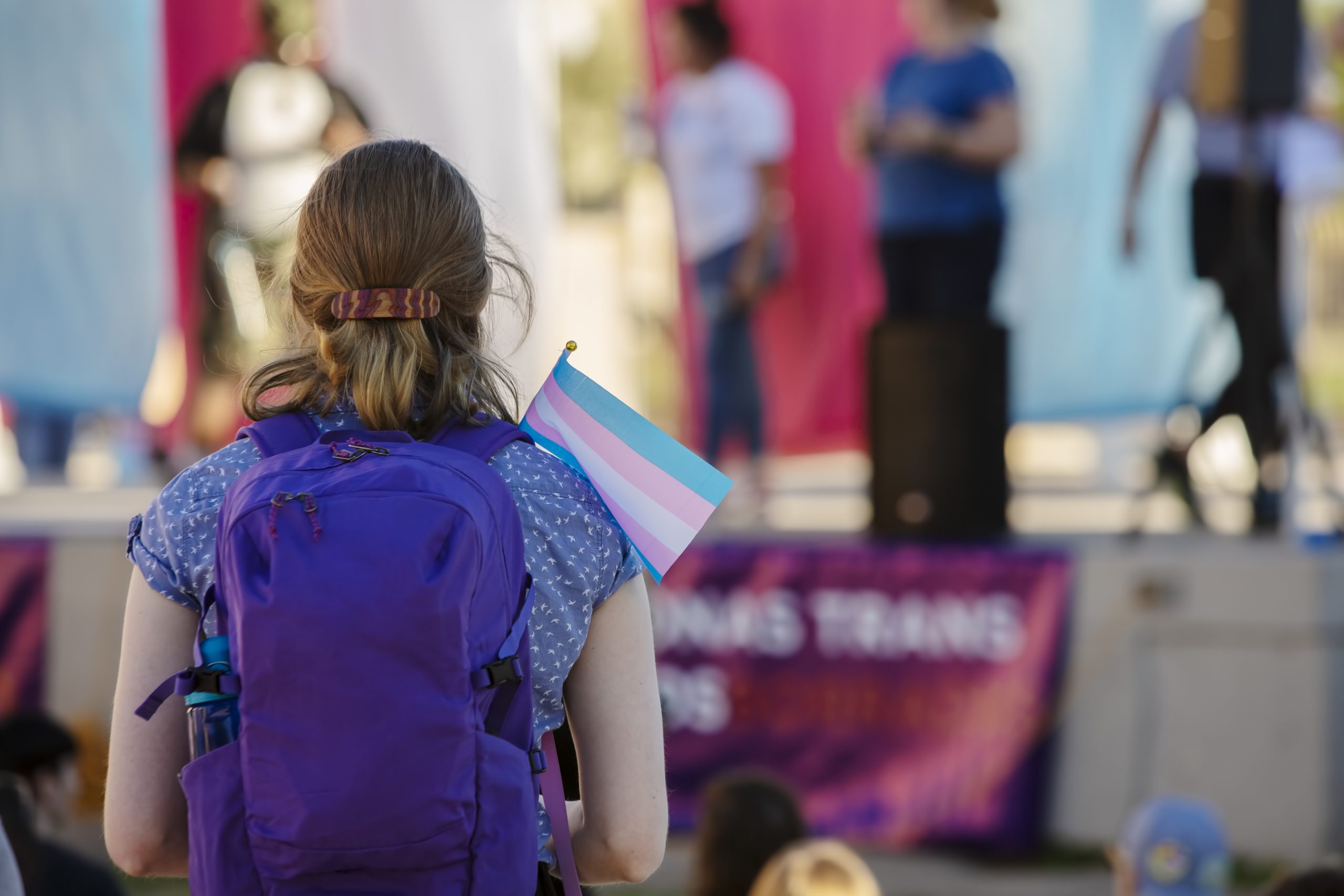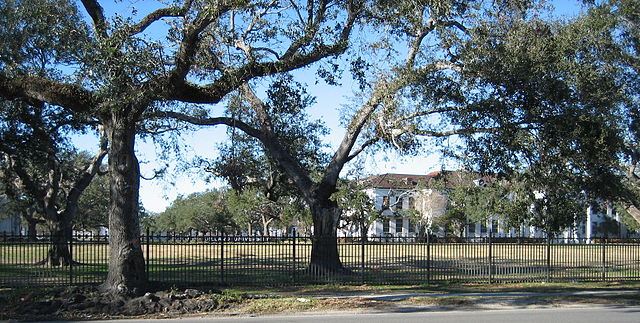NWLC Leads Amicus Brief Against Idaho Law That Targets Trans Women and Girls and Harms All Female Students

*** Update *** On January 30, 2023, the Ninth Circuit affirmed the district court’s July 2022 decision that Lindsey’s lawsuit challenging H.B. 500 is not moot and, therefore, can continue. The Court noted that although Lindsey withdrew from her college in fall 2020, she intended to re-enroll, later did re-enroll, and has been playing on the women’s club soccer team since fall 2022. Furthermore, she intends to try out for the women’s cross-country and track teams. Without the district court’s preliminary injunction against H.B. 500, which was issued in August 2020, she would be banned from playing on the club soccer team and from even trying out for the cross-country and track teams. Therefore, the Court affirmed that Lindsey has the right to continue her lawsuit, which seeks to strike down this law.
***
The National Women’s Law Center, the Lawyers’ Committee for Civil Rights, Hogan Lovells, and 60 additional organizations committed to racial and gender justice and LGBTQ rights, filed an amicus brief in Hecox v. Little, a case pending in the Ninth Circuit that challenges Idaho’s “Fairness in Women’s Sport’s Act” (H.B. 500).
Don’t let the name fool you; there is nothing fair about this law. H.B. 500 is the only law in the country to impose a statewide ban on all women and girls who are transgender from participating in sports consistent with their gender identity.
The case, was filed by the ACLU on behalf of Lindsey Hecox, a woman college student who is transgender, and Jane Doe, a female high school student who is cisgender, who face discrimination under the law.
This law deprives women and girls who are transgender (who are already at a heightened risk of discrimination and harassment) of the chance to play sports and reap the accompanying educational benefits, including the opportunity to build a supportive network that can minimize feelings of isolation. Our brief asserts the district court got it right: targeting women and girls who are transgender and depriving them of the benefits of participating in sports violates the Equal Protection Clause of the U.S. Constitution.
The brief also highlights how the law will harm some intersex women and girls and cisgender women and girls who do not conform to sex stereotypes. The law allows anyone, for any reason, to question whether a student athlete is a woman or girl, and then the student has to “verify” her gender by undergoing invasive testing. This may include a gynecological exam, bloodwork, and/or chromosome testing. Requiring athletes like Plaintiff Jane Doe, a cisgender female athlete who does not usually wear skirts or dresses and has an athletic build, to undergo traumatizing physical examinations to “prove her gender” is inherently harmful and serves no legitimate purpose.
Additionally, history and modern experiences show how H.B. 500 will disproportionately harm Black and brown women and girls. Black and brown women and girls are routinely targeted, shamed, and dehumanized for not conforming to society’s expectations of femininity. The stereotype that Black female athletes are inherently more masculine than other female athletes is perhaps most prominent in the racist narrative that plagues Serena Williams’ historic career. Williams’ athletic build and dominance in a historically racially discriminatory sport, has led to intense targeting and dehumanization. By allowing coaches, administrators, and other athletes to become the arbiters of who “looks like” a girl or a woman, H.B. 500 will rely on and perpetuate racist and sexist stereotypes.
While the district court granted a preliminary injunction on equal protection grounds in this case, our brief focuses on how H.B. 500 also violates Title IX. As the Supreme Court made clear in Bostock, and circuit courts have affirmed, discrimination based on being transgender is sex discrimination. H.B. 500 requires schools to target and exclude transgender students – this is clearly sex discrimination that violates Title IX.
Trans women and girls, like ciswomen and girls, are not a monolith and have a range of physical characteristics and athletic abilities. H.B. 500 is dangerous because it supports a culture that normalizes ‘othering’, policing the bodies of all women and girls, and harming women and girls who are transgender. We cannot ignore how this year has been the deadliest year on record for transgender and gender non-conforming people, how the U.S. government has repeatedly showed up in court against LGBTQ rights, including in this case, and how state governments have relentlessly attacked LGBTQ rights. Those in support of H.B. 500 and similar restrictions are dedicated to the false notion that trans women are not women. As advocates for women’s rights, racial justice, and LGBTQ rights, we know that H.B. 500 does not level the playing field for female athletes; it drives us off the field.





